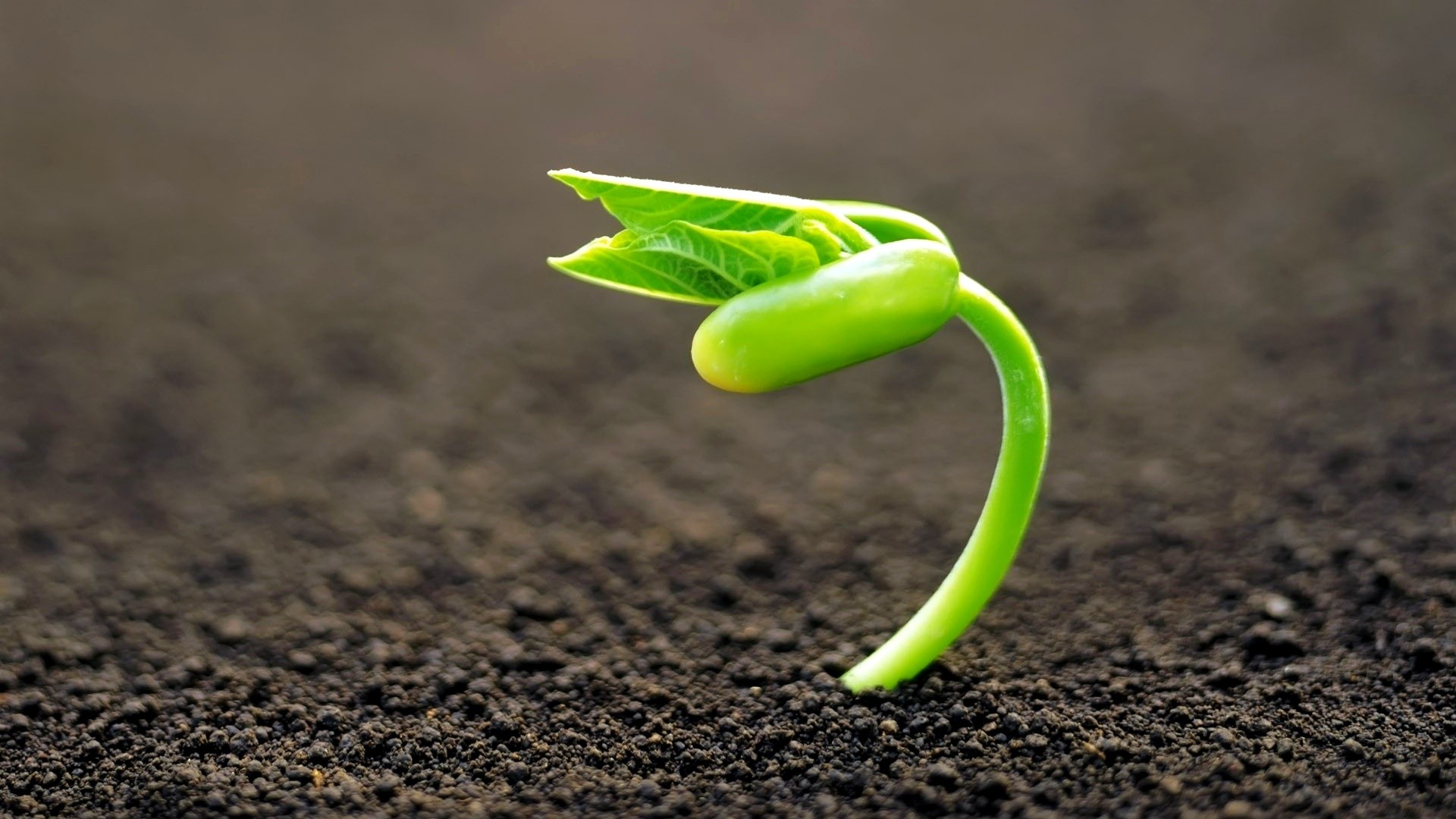The definitions for happiness and health show that these states are complementary if not overlapping. Webster defines happiness as, “a state of well-being and contentment: joy ; a pleasurable or satisfying experience.” The World Health Organization (WHO) defines health as “… a state of complete physical, mental and social well-being and not merely the absence of disease or infirmity.” In both cases there is attention being drawn to the overall well-being of the individual. Happiness is qualified by the experience of positive emotions and responses, whereas health is a composite of supporting factors, mental health (happiness being a contributor) presenting as one of its pillars. From that we can assume that happiness is an integral part of health. Let us explore the correlation. In a 2008 research synthesis study Ruut Veenhoven addressed the effects of happiness on physical health and longevity in healthy populations. The comprehensive study composed 30 follow-up analyses averaging a twelve year span using simple questionnaires to measure the individual’s state of mind. The results showed that happiness is not a remedy for disease but a powerful agent in prevention. “The effect of happiness on longevity in healthy populations is remarkably strong. The size of the effect is comparable to that of smoking or not.” (Veenhoven 2008) This is to say, enjoying your life highly affects your ability to sustain it. That’s what this entire experience is about and that is often forgotten.
So what makes us happy? The answer is rarely found in a “thing” but it seems to be a collective of actions. Relating to our children and watching them mature, creating in a professional field of your choice, helping others, playing, growing into the person you promised your six year old self you’d one day be. In a study on happiness published in the Huffington Post, people over the age of seventy were quizzed on what were their top ten moments of sheer happiness and their top five regrets. The top ten moments for happiness, starting from the least, were:
10) 4.4% said The first kiss with the person you love.
9) 4.5% said Meeting the person of your dreams.
8) 5.4% said Hearing your child’s first words.
7) 5.5% said Seeing your child’s first steps.
6) 6.7% said Moving into a new home.
5) 7.4% said Day of retirement.
4) 8.5% said Birth of another child.
3) 10% said Birth of grandchildren
2) 11.5% said Wedding Day
1) 12.3% said Birth of their first child.
The top five regrets held by these participants were:
5. Getting married too soon.
4. Getting divorced.
3. Not travelling enough.
2. Not furthering education.
- Choosing the wrong career.
What we can take from this is that the things we obsess over to make us happy and are glamorized by bucket lists, reality t.v and a culture of consumerism are merely distractions. Who you spend time with, the personal goals and challenges that cater to who you are as an individual, are what make life enjoyable and worth living. To live FOR life is to accept the experience and joyfully engage in your strengths, interests and possibilities. Find what makes you happy and do it! It’s one thing you can do for your health that won’t feel like a sacrifice.
References
http://www.merriam-webster.com/dictionary/happiness
http://www.who.int/about/definition/en/print.html
https://personal.eur.nl/veenhoven/Pub2000s/2008d-full.pdf
http://www.huffingtonpost.co.uk/2015/01/07/top-ten-happiest-moments-in-life_n_6429144.html

